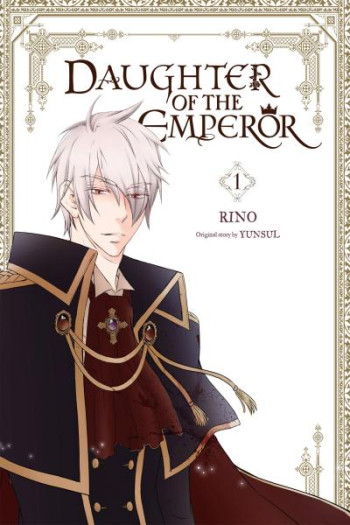Summary

Hamlet
by William Shakespeare
The ghost of the King of Denmark tells his son Hamlet to avenge his murder by killing the new king, Hamlet's uncle. Hamlet feigns madness, contemplates life and death, and seeks revenge. His uncle, fearing for his life, also devises plots to kill Hamlet. The play ends with a duel, during which the King, Queen, Hamlet's opponent and Hamlet himself are all killed.
.
Read
Hamlet on http://kissnovel.net
Martial Peak Reviews
William Shakespeare's Hamlet is a timeless exploration of the human condition, a profound meditation on themes of revenge, madness, mortality, and the complexity of action. Written in the early 17th century, this tragedy remains one of Shakespeare's most celebrated works, captivating audiences with its intricate characters and philosophical depth.
The play opens with the ghost of King Hamlet appearing to his son, Prince Hamlet, revealing that he was murdered by his brother Claudius, who has since usurped the throne and married Hamlet's mother, Gertrude. This revelation sets the stage for a gripping tale of vengeance and moral ambiguity. Hamlet's struggle with the demand for revenge is central to the narrative, as he grapples with the implications of his actions and the nature of justice. The famous soliloquy, "To be, or not to be," encapsulates Hamlet's existential crisis, reflecting his deep contemplation of life and death, and the paralysis that often accompanies profound moral dilemmas.
One of the most striking aspects of Hamlet is its exploration of madness. Hamlet's feigned insanity serves as a strategic ploy to mask his intentions, yet it raises questions about the thin line between sanity and madness. As the play progresses, the audience is left to ponder whether Hamlet's madness is entirely an act or if he is genuinely descending into a state of despair. This ambiguity adds layers to his character, making him one of Shakespeare's most complex protagonists. His interactions with Ophelia, who ultimately succumbs to her own madness, further illustrate the destructive power of grief and betrayal.
Character development in Hamlet is masterfully executed. Hamlet himself evolves from a contemplative prince into a man driven by vengeance, yet he remains deeply introspective throughout the play. His relationships with other characters, such as his mother Gertrude and his friend Horatio, reveal his internal conflicts and moral quandaries. Gertrude's role is particularly significant; her hasty marriage to Claudius and her eventual demise highlight the themes of betrayal and the consequences of human actions. The character of Claudius, on the other hand, embodies the archetype of the corrupt ruler, whose guilt and paranoia drive him to further treachery, ultimately leading to his downfall.
The play's themes resonate on multiple levels, making it relevant across centuries. The quest for revenge is a driving force in many narratives, but Shakespeare's treatment of it in Hamlet is unique. The play challenges the notion of revenge as a straightforward path to justice, illustrating the chaos and destruction it can unleash. Hamlet's hesitation to act, despite his desire for vengeance, serves as a poignant reminder of the moral complexities that accompany such decisions. This theme can be compared to other literary works, such as Dostoevsky's Crime and Punishment, where the protagonist grapples with guilt and the consequences of his actions, or even to modern narratives like the film The Godfather, which also delves into the intricacies of familial loyalty and revenge.
Moreover, the theme of mortality permeates the play, culminating in the tragic finale where nearly all principal characters meet their demise. The graveyard scene, where Hamlet reflects on the skull of Yorick, serves as a powerful meditation on death and the inevitability of mortality. This moment encapsulates the play's existential themes, prompting audiences to confront their own understanding of life and death. Shakespeare's ability to weave such profound philosophical inquiries into the fabric of a revenge tragedy is a testament to his genius.
The impact of Hamlet extends beyond its narrative; it has influenced countless works of literature, theater, and film. Its rich language, memorable quotes, and complex characters have permeated popular culture, making it a cornerstone of Western literature. The play's exploration of the human psyche and moral ambiguity continues to resonate with contemporary audiences, inviting new interpretations and adaptations. Directors and actors alike have found inspiration in Hamlet's character, leading to varied portrayals that reflect the evolving understanding of the text.
In conclusion, Hamlet is not merely a tale of revenge; it is a profound exploration of the human experience, grappling with themes that are as relevant today as they were in Shakespeare's time. The play's intricate character development, philosophical depth, and moral complexity make it a masterpiece that invites reflection and discussion. Whether one approaches it as a historical artifact or a living text, Hamlet remains a powerful testament to the enduring nature of Shakespeare's work and its ability to provoke thought and evoke emotion.
























Reviews 0
Post a Reviews: